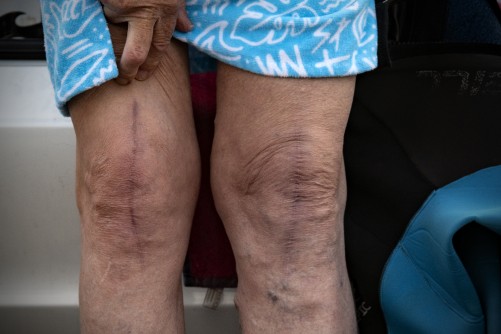Fibromodulin (FMOD) may help prevent excessive scarring, according to a new study in Nature Communications.
In previous studies, the researchers had described the role of FMOD in enabling scarless fetal-type repair as well as preventing excessive scarring during adult-type repair. For this new study, the researchers investigated the effects of FMOD on myofibroblasts, a key cell in healing and scar formation. Myofibroblasts should die off after a wound heals, but they can continue forming tissue long afterwards, leading to excessive scarring. The fibromodulin-based complex promotes the death of myofibroblasts. FMOD forms a complex of molecules with interleukin 1β that stops myofibroblasts from forming excessive scar tissue.
The findings could lead to a new way to reduce or prevent excessive scarring, which could benefit patients recovering from surgery, injuries, or burns.
“This publication explores the crucial role of naturally occurring fibromodulin in regulating a key scar-forming cell, the myofibroblast,” says Dr. Chia Soo, Professor of Surgery and Vice Chair for Research for the University of California-Los Angeles Division of Plastic and Reconstructive Surgery. “This, combined with our team’s FDA-approved clinical study…using a fibromodulin-derived peptide in 54 patients for scar reduction, demonstrates a significant leap in potential treatments for patients with excessive scarring.”


